Long-term strategic orientation
According to General Secretary To Lam , health is the most valuable asset of each citizen and of the whole society, the most important foundation for everyone's happiness and the development of the country. Therefore, investing in protecting, caring for and improving people's health is investing in the development of the country.
General Secretary To Lam directed research to develop a roadmap to gradually reduce the burden of medical costs for people, moving towards free hospital fees for all people in the period from 2030 - 2035.
Deputy Minister of Health Tran Van Thuan said that General Secretary To Lam's direction on moving towards free hospital fees for all people is a long-term strategic orientation that the health sector is determined to implement.
"This is a policy that touches the hearts of millions of people and is also the desire of the people. The implementation of this policy will have a positive impact, increasing access to health services, proactively preventing, diagnosing, detecting and treating diseases early, increasing treatment effectiveness, and optimizing the use of financial resources...", said the Deputy Minister of Health.
Deputy Minister Thuan estimated that for 100 million people, with each health check-up costing about 250,000 VND, a budget of about 25,000 billion VND/year is needed.
In addition, the state budget will increase support for purchasing health insurance cards to strive for 100% of the population to have health insurance; expand the scope of health insurance benefits and gradually pay for preventive services, screening, early diagnosis and treatment of diseases at early stages.
Policy has profound humanitarian meaning
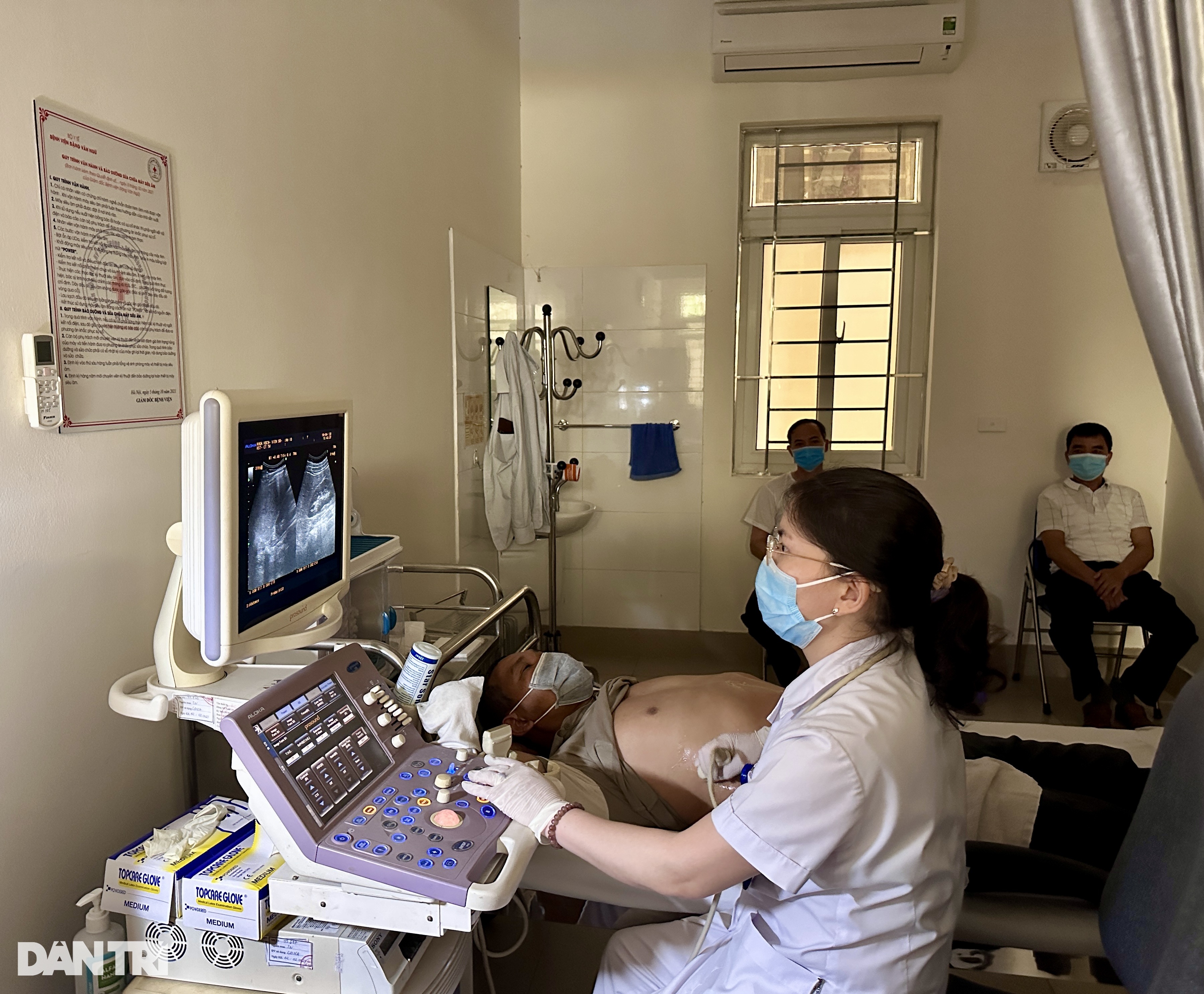
Medical examination and treatment costs are still a heavy burden for many people (Illustration: Hong Hai).
Associate Professor, Dr. Dao Xuan Co - Director of Bach Mai Hospital assessed that free hospital fees for all people is a policy with profound humanistic meaning, demonstrating the responsibility of the Party and State for the right to health care of each citizen.
Regarding this policy, Associate Professor, Dr. Dao Xuan Co, Director of Bach Mai Hospital, said that he personally fully supports it.
“This is a great policy, with profound humanity, aiming to ensure that all people have the right to access health services without worrying about costs. Achieving this will be a big step forward in the country's social security work,” Associate Professor Co said.
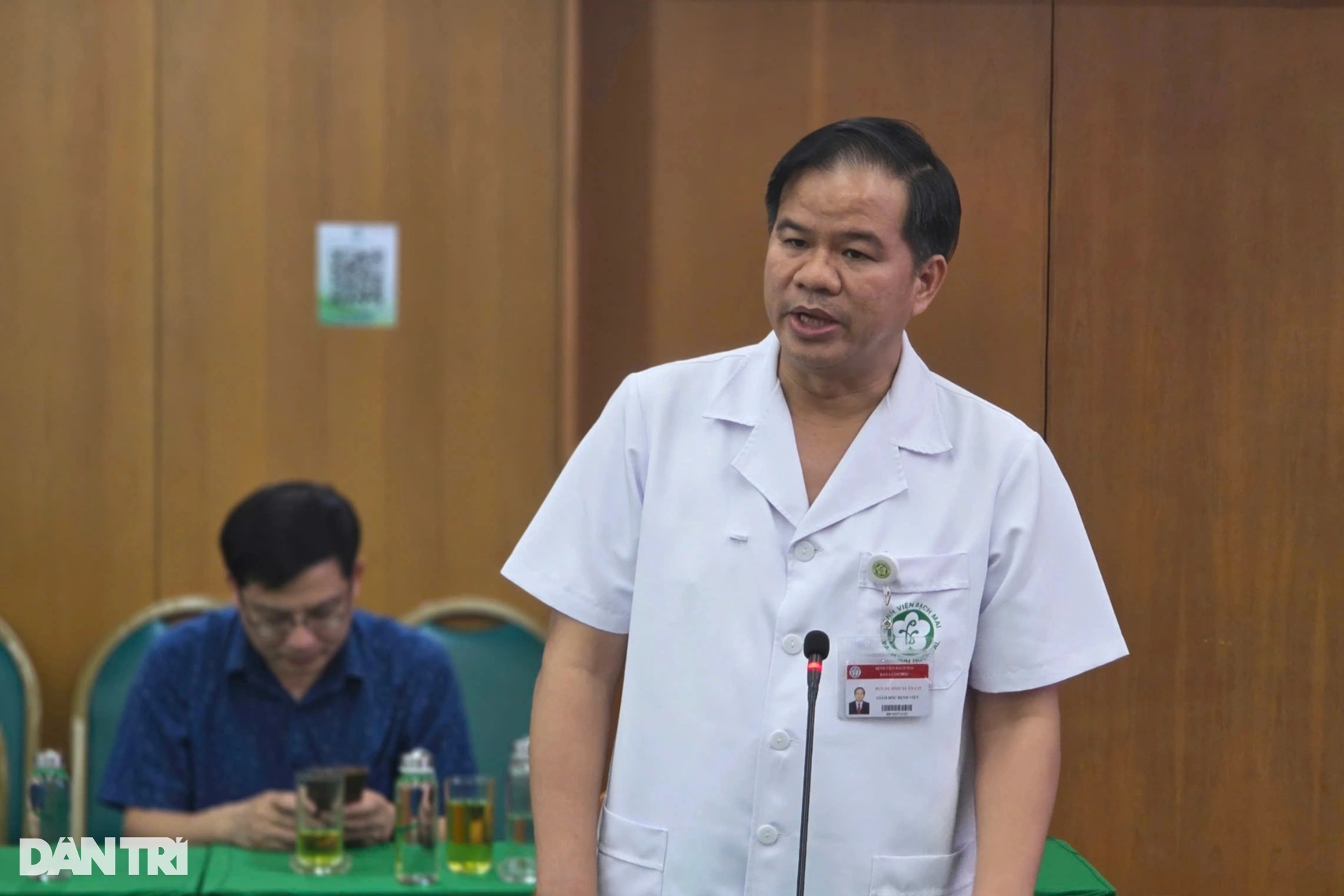
Associate Professor, Dr. Dao Xuan Co supports the policy of free hospital fees for people (Photo: Hong Hai).
The Director of Bach Mai Hospital shared that he has been involved in the medical industry for nearly 30 years and has witnessed many difficult situations for patients, especially those in serious or critical condition from remote areas. When they arrived at Bach Mai, many families were already bankrupt; many families who had just escaped poverty became poor again after a course of treatment for their relatives.
“Therefore, when the General Secretary issued this policy, I saw it as not just an administrative order but a national development strategy, taking people as the center, demonstrating profound humanity.
The policy of free tuition, then free hospital fees, along with each person having a periodic health check-up at least once a year, is a "declaration" of the people's health care strategy; shifting from passive treatment to proactive disease prevention and early detection," Associate Professor Co said.
Under the direction of General Secretary To Lam, the exemption of hospital fees will be implemented according to a roadmap, first of all, priority will be given to vulnerable groups such as the poor, meritorious people, children, the elderly, etc. Then, it will move towards the goal of regular health check-ups and free hospital fees for all people, possibly in the period of 2030 - 2035, in which regular health check-ups at least once a year can be implemented from 2026.
3 resources to implement free hospital care
Associate Professor Co assessed that to achieve the goal of free hospitalisation for all, financial resources are the key factor. This expert pointed out 3 financial resources:
Health insurance: Must develop universal health insurance, comprehensive and diverse forms of insurance.
State budget: The State needs financial resources for investment, especially in remote, disadvantaged areas and for specialized healthcare.
Socialized resources: This is a very important resource. We need to have a strategy to mobilize from businesses, philanthropists, and social funds.
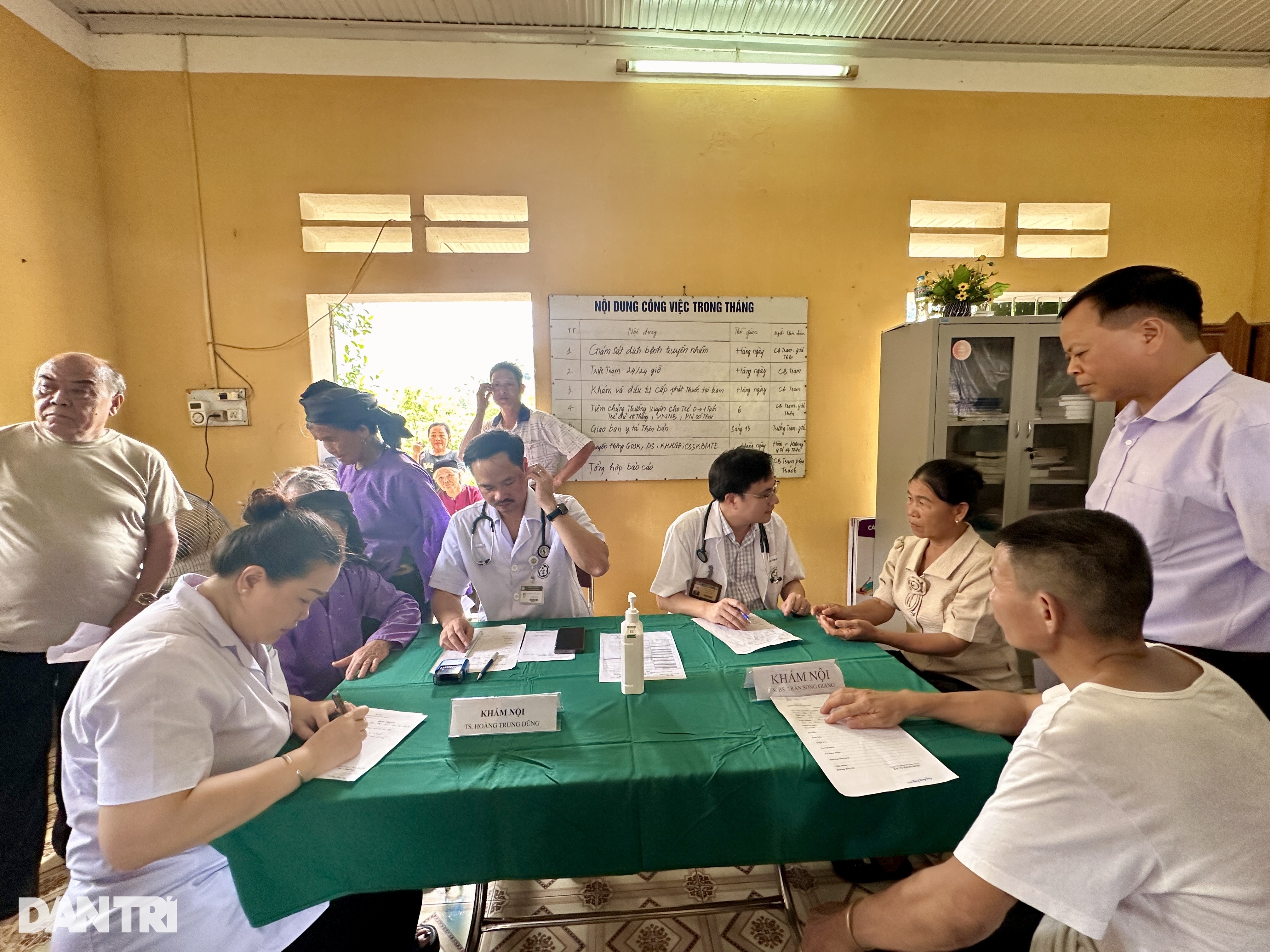
Doctors from Bach Mai Hospital during a free medical examination for people in the highlands (Photo: Hong Hai).
In developed countries, many non-profit hospitals operate effectively thanks to capital from socialization and from businesses investing in social security funds. The Party, State and Government need to have a mechanism to strongly mobilize this resource to participate in people's health care.
“If we do a good job of mobilizing from all three of these sources, along with the current economic growth rate and the determination of the whole society, I believe that the goal of free hospital care by 2030 - 2035 is completely feasible,” Associate Professor Co assessed.
According to the Director of Bach Mai Hospital, in order to move towards free hospitalisation for all people, the issue of training medical human resources, especially for primary health care, is extremely important and requires a change strategy.
According to Associate Professor Co, in terms of training strategy, we cannot just rely on high scores to recruit students to medical schools and then expect them to return to the facilities.
“The reality is that many students with high scores will find ways to stay in big cities after finishing school. There needs to be a mechanism to recruit local people, train them and then send them back to serve their hometowns.
The training program for primary health care also needs to be adjusted. Doctors at the primary level must be multi-talented, knowing how to deliver babies, provide emergency treatment for femur fractures, myocardial infarction, vaccinations, basic dental care, and treatment of common diseases...
They do not need to be as specialized as those at the central level, but must be good at many aspects to meet the initial needs of the people," Associate Professor Co commented.
In addition, appropriate policies are needed to ensure that doctors feel secure working at the facility. Working conditions, essential equipment, and medicines must also be guaranteed.
At the same time, implementing digital transformation, building electronic health records, electronic medical records connecting from commune to district, province, central level... will help the upper level to consult, direct the lower level, guide treatment remotely, reduce the load for the upper level and people will enjoy better services right at the local level.
“When primary health care is strong, people will receive good primary health care, good disease prevention, many diseases will be treated right at the lower level, significantly reducing costs and burdens for both people and the health system,” Associate Professor Co said.
Free hospitalisation: The wish of both people and doctors
National Assembly Delegate of Hanoi Nguyen Anh Tri said that General Secretary To Lam's direction on moving towards free hospital fees for all people is not only a long-term strategic orientation but also a goal that the entire health sector is determined to achieve.
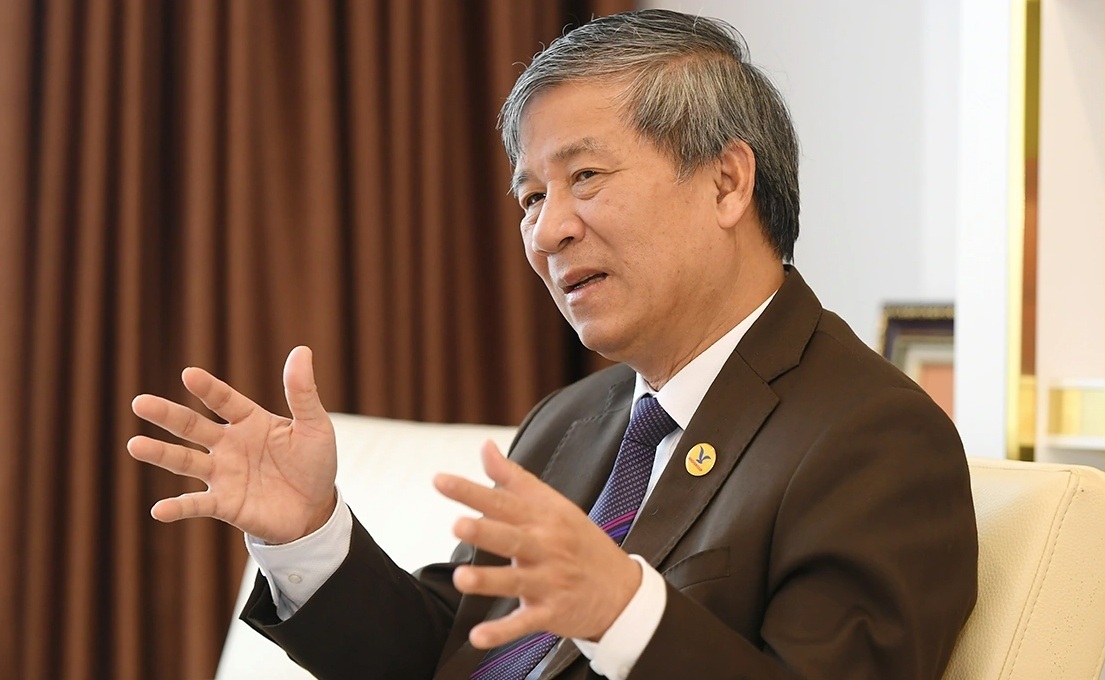
Professor Nguyen Anh Tri assessed that implementing free hospital fees will be more complicated than the free tuition policy, but it is completely possible to implement (Photo: PV).
He said that implementing the policy of free hospital fees for all people will face more difficulties and complications than the policy of free tuition in education. This is a major policy, related to financial resources and the health system, requiring careful and synchronous preparation from many sides.
To effectively and feasibly realize this policy, the State needs to focus on supporting people's medical examination and treatment costs through the health insurance mechanism. Over the years, the Party and the State have had many policies to ensure free health insurance cards for policy beneficiaries and people in difficult circumstances.
If every citizen has a health insurance card, they can rest assured to access medical services when needed without worrying too much about treatment costs. However, to expand coverage and improve the quality of health insurance cards, it is necessary to study and adjust the card purchase price for vulnerable groups, including the poor, near-poor, people with revolutionary contributions, war invalids, families of martyrs and children under 6 years old.
Along with that, it is necessary to classify target groups and deploy support according to a reasonable roadmap. In the immediate future, we should focus on supporting groups of patients with serious illnesses, chronic illnesses, and illnesses requiring long-term treatment. These are cases that need immediate support to have conditions to continue treatment.
Next are poor households, people in especially difficult circumstances, vulnerable people in society, along with policy families such as war invalids, martyrs, and people with revolutionary contributions. For these groups, it is entirely possible to consider implementation from 2026 or 2027, without necessarily having to wait until 2030.
Finally, the policy can be extended to the entire population, including students, officials, civil servants, and workers of working age with stable health. Implementation with these groups can start from 2028 to 2030 in line with the overall orientation.
Another important factor to successfully implement this policy is to improve the capacity of the medical examination and treatment system, especially at the grassroots level. “The General Secretary’s suggestion of exempting hospital fees for all people by 2030 is a great wish, not only of the people but also of the medical staff,” Professor Tri shared.
Source: https://dantri.com.vn/suc-khoe/mien-vien-phi-chinh-sach-cham-toi-trai-tim-hang-trieu-nguoi-dan-20250602110841588.htm








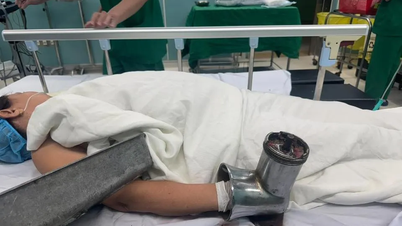

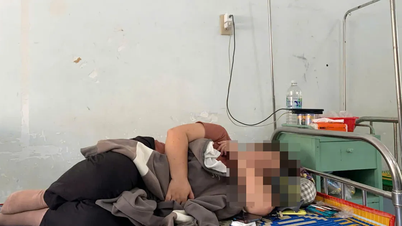
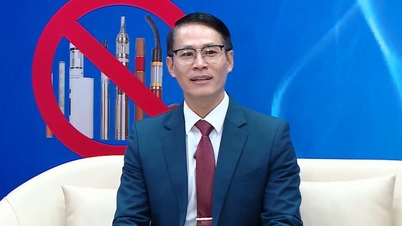

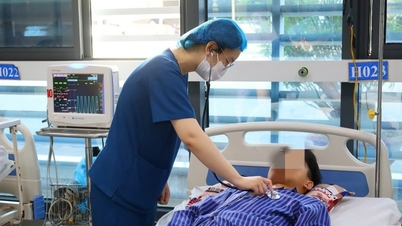

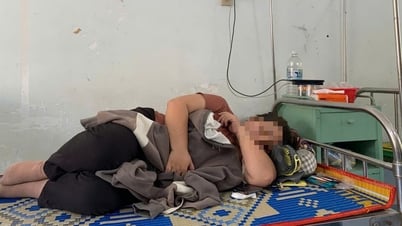
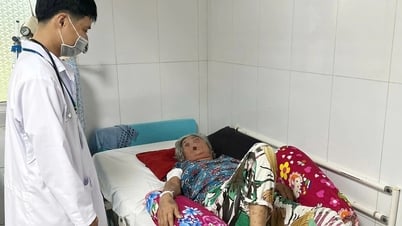
























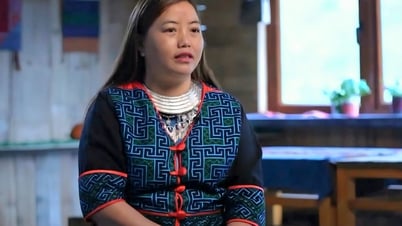






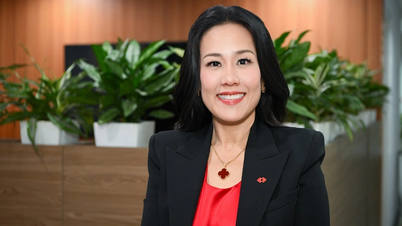







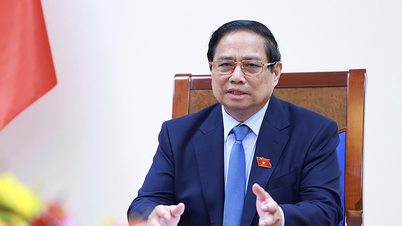
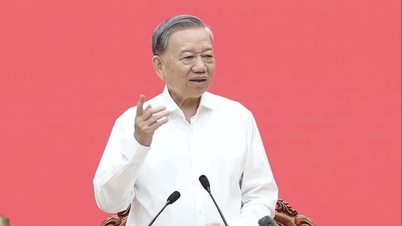

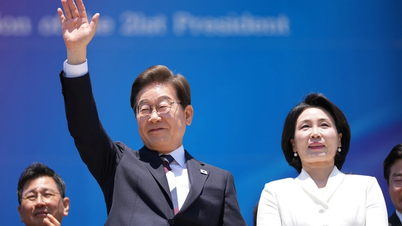




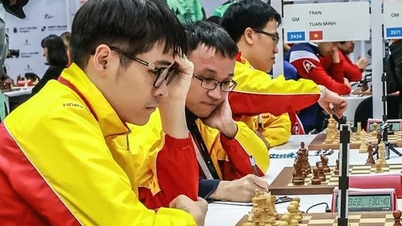

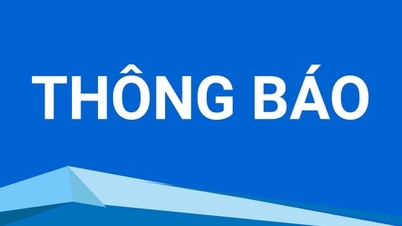


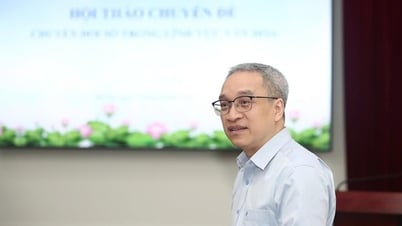


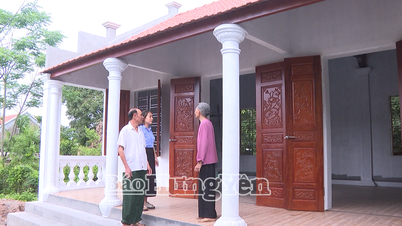


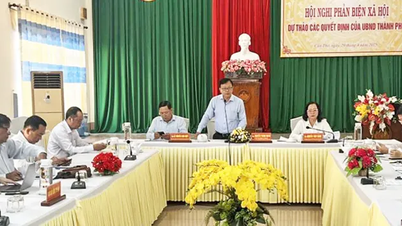
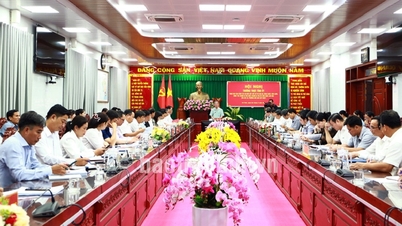












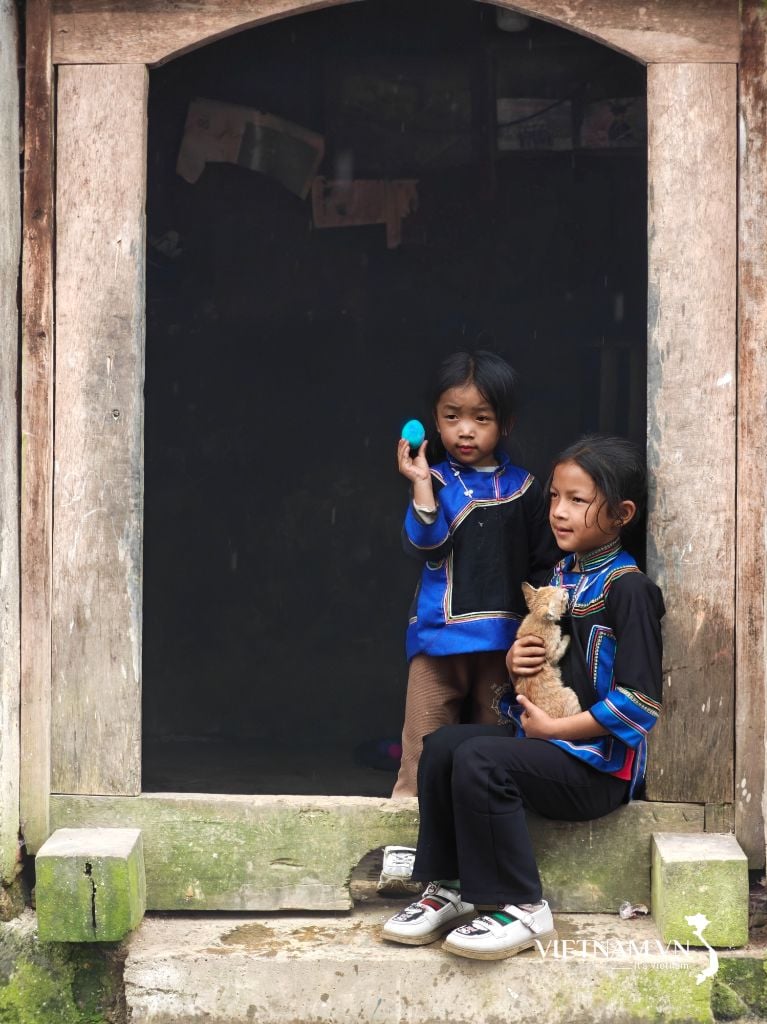

Comment (0)